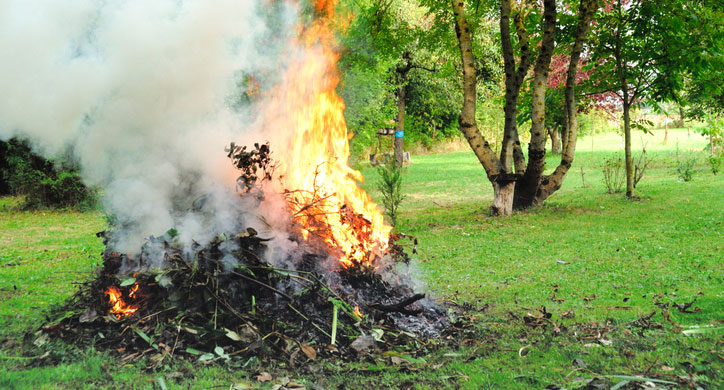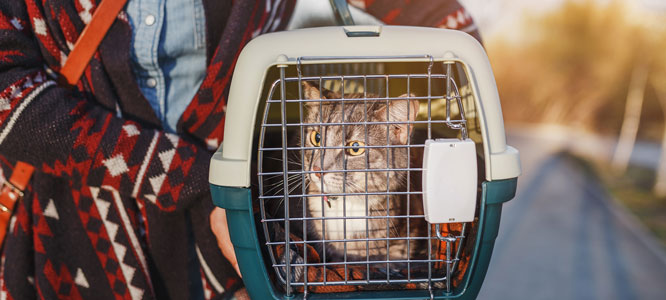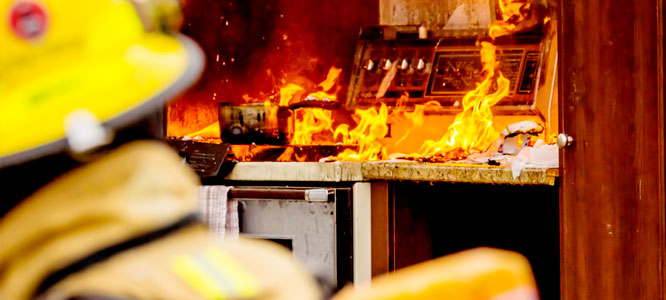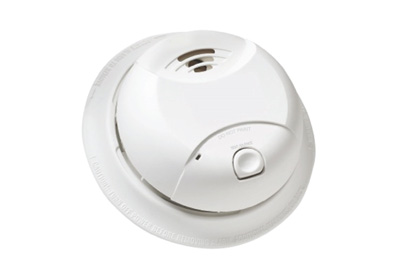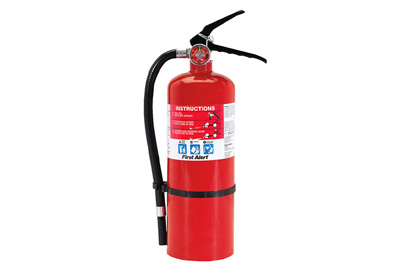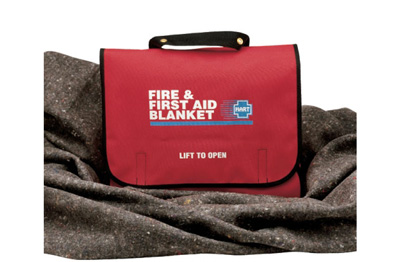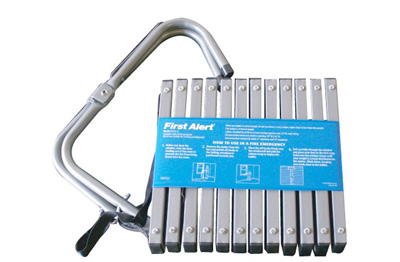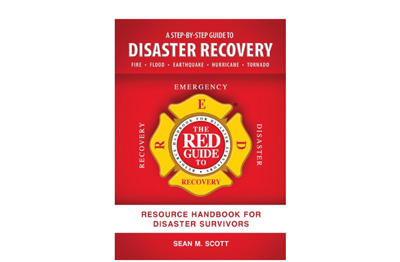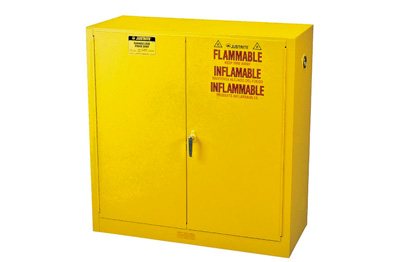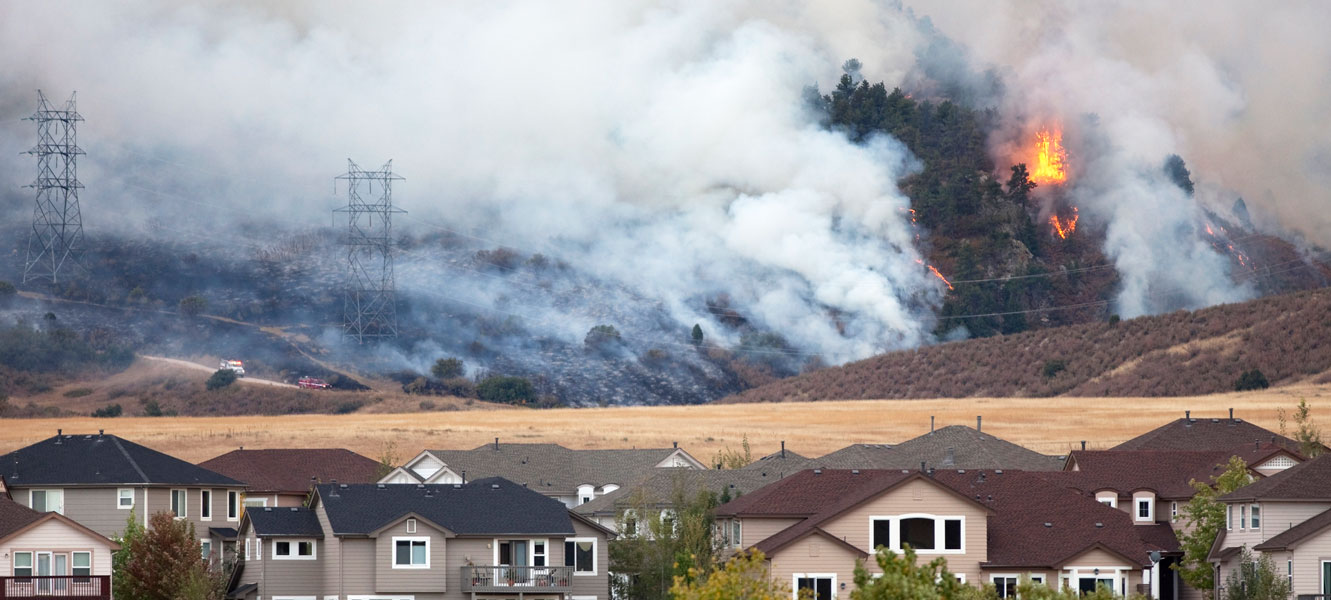
Wildfire Planning & PreventionTuesday, June 8, 2021 For decades, Smokey Bear has warned us of the dangers of wildfires, especially during wildfire season. As responsible and concerned citizens, we've done our part to properly extinguish campfires and heed burn ban warnings to limit a wildfire emergency. Nevertheless, humans continue to cause roughly 90 percent of wildfire events in the United States. These fires, which occur more frequently in drier climates with a greater wildfire risk, can move up to 14 miles per hour, destroying everything in their paths, from properties to livestock. Preparing for a wildfire is similar to preparing for other emergencies that require evacuation. We'll talk about how you can prepare yourself and your loved ones for the event of a wildfire in detail below. But first, let's recap some wildfire prevention tactics. Most of us aren't strangers to wildfire safety. We've heard the warnings and seen the fire hazard signs. However, the fires we intentionally start continue to be the number one cause of unintentional wildfires in the U.S. CampfiresCampfires are a wonderful way to enjoy an evening with friends or family. Some might call them a necessity of camping, whether for cooking, warmth, or atmosphere. While you may have some trouble getting your fire started, you know that once aflame, the blaze will continue for hours without much attention. Proper handling of a campfire is an essential component of fire prevention.
Yard Waste Fires
In many areas around the country, it's acceptable to burn yard waste such as leaves, brush, or other vegetation. However, like campfires, these types of fires must be carefully monitored, as they’re one of the leading causes of wildfires. Taking special care is important for wildfire mitigation efforts.
Although wildfires most commonly start in the two ways above, there are many other ways in which fires can begin. In order for a wildland fire to start and continue, only three things are needed: oxygen, fuel, and heat. Since oxygen exists in our atmosphere, a fire can start virtually anywhere if fuel and heat are present. Fuel is anything that allows a fire to continue burning. Fuel can consist of chemicals such as petrol or of natural materials such as grass or wood. The latter are especially susceptible to becoming fuel sources during dry months. Heat can originate from flames on matches or cigarettes, but heat is widely available nearly anywhere, especially during the summer. Your car's engine provides heat, as does an afternoon desert wind. When heat, fuel, and oxygen are combined, they create a perfect trifecta necessary for combustion. Below are some other common man-made ways in which wildfires start.
In order to do your part to prevent wildfires, know the risks, heed the warnings, and take proper precautions. PlanningMake your home safer by clearing dry brush as required by local regulation, and by making sure you have the proper amount of defensible space. Also, clear all debris from your roof, gutter, and spouts. If a wildfire strikes your area, you'll likely be warned well in advance. If you receive an emergency warning about a wildfire in your area, don't delay. Put your emergency evacuation plan into action immediately. Your emergency plan for evacuation should include the following:
What should I take?Looking around your home and planning which items to leave behind is not an easy process. Each item in your home likely has a memory attached to it, from your books and music to your furniture. Irreplaceable Items Some items truly can't be replaced: your grandmother's wedding ring, a childhood blanket, your autographed first edition of Cosmos. Keep these items together in a safe place that's easily accessible in case of an emergency. Identification Identification can be replaced, but it's usually a long and expensive process. In addition, there's not a lot you can get done without proper identification, from driving across town to renting a hotel room. You can store important papers in one of our waterproof document pouches in order to keep them safe, dry, and in one place.
In addition, consider keeping a copy of your bank account number, your home's deed, your car's title, and your emergency contact information in your safe place like a fire protection safe. Prescriptions If you take life-saving medication, we recommend that you store an extra set of your prescriptions with your emergency evacuation pack. This might also include any pet medication. How should I leave?Ready.gov is a site dedicated to helping you and your family make a plan. You can utilize the make-a-plan section in order to figure out all of the important aspects of your emergency evacuation. This includes how to decide on an emergency meeting place, how to practice the evacuation plan, and what supplies you should gather ahead of time. Where will I go?Deciding where you'll go in the event of an emergency is a vital part of making a proper plan. Consider the following when narrowing down your options.
If a wildfire surprises you, your evacuation plan will differ. You may not have time to communicate with your family or gather your essential supplies. Although it's a scenario no one wants to think about, it's an important one to consider and practice. Adequate preparedness is your best line of defense in the event of a disaster. When preparing for a sudden emergency, consider the following:
Your area might also have a community wildfire protection plan in place. Contact your local fire department to find out more. If you have any questions about disaster preparation and wildfire preparedness, just ask us at SOS Survival Products. We're available via phone, email, snail mail, or at our store location in Van Nuys. |


